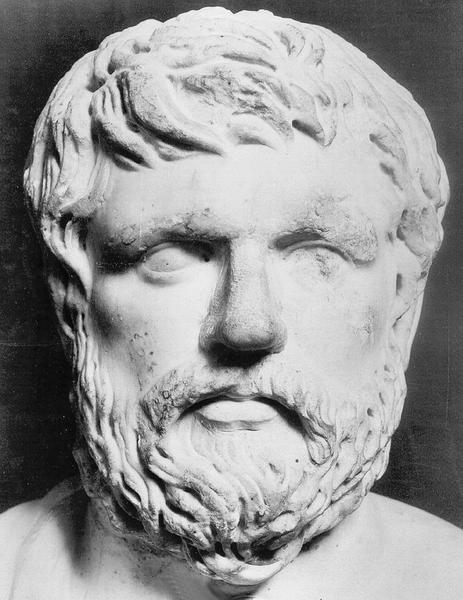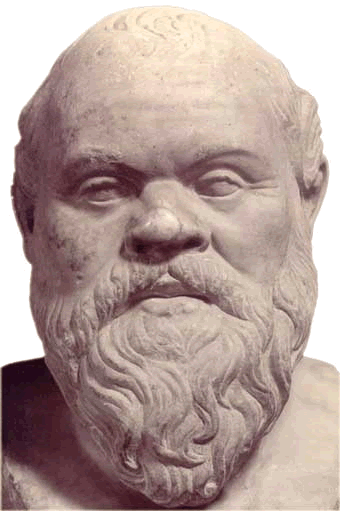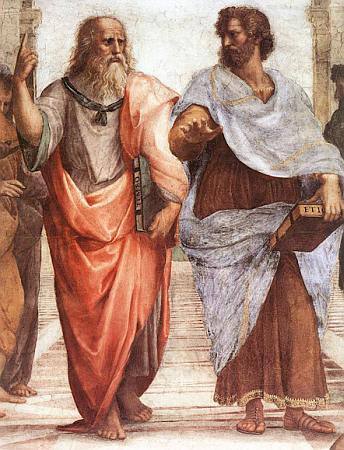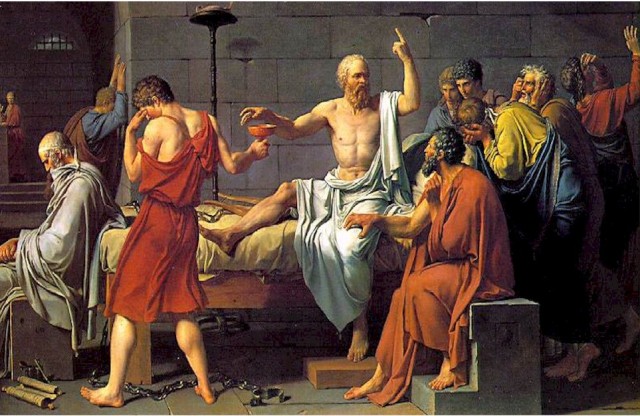I just finished the Memorabilia by Xenophon. Xenophon is more known for his work Anabasis, which concerns Xenophon’s taking a Greek army of mercenaries, known as The Ten Thousand, who try to aid Cyrus the younger in taking the throne from his brother, Artaxerxes II. This ended in disaster, and Xenophon along with two other elected leaders must march this band of mercenaries 400 miles through enemy territory before they can find passage back to Greece. (This provided the idea for the 1979 movie The Warriors.)
What people tend to forget about Xenophon is that he provides our second major perspective on Socrates in the Memorabilia. The main reason for people neglecting Xenophon lies in both Plato providing more material on this figure and that Plato’s Socrates is often more brilliant. For example, Xenophon’s aristocratic station influences his Socrates’ topics of conversation to focus on things like politics, military campaigns, and hunting. Also, Socrates’ Xenophon tends to be more moralistic–some people have called him Victorian. But, the directness of Xenophon’s Socrates comes as a welcome change from the heavy use of Socratic irony we see in Plato; though, I did notice several instances in Xenophon’s work where Socrates seems to make several jumps in logic. (This can happen to the best thinkers–with the exception of St. Anselm of Canterbury.) One almost roots for his interlocutor to turn the tables on Socrates or put up some resistance rather than the usual, “yes,” “truly,” “it seems so,” etc.
At any rate, Xenophon’s main point, much like Plato in his Apology and other early works, was to defend Socrates against his detractors. Against the charge that he was impious, Xenophon showed how devout Socrates was and how much faith he had in divination. Against the charge that he corrupted the youth, Xenophon shows us a person who was profoundly interested in improving the moral character of his associates. In regard to the latter charge, Xenophon also defends Socrates’ association with Alcibiades, who notoriously betrayed Athens during the Peloponnesian War. Plato passes over this association, but Xenophon defends Socrates by saying that Alcibiades never listened to Socrates’ instructions and was more interested in the political power he might gain through mingling with Socrates’ friends.
One of the most interesting relationships described in the work is between Socrates and Euthymius. Euthymius interests himself in gaining wisdom, so he visits Socrates and plays close attention to the conversations. However, he never says a word, which irks Socrates. One day, Socrates takes it upon himself to show Euthymius the error of not engaging in debate and twists Euthymius’s brain with some of the best sophism the world has ever witnessed. The end result is, after all the books which Euthymius has read and all the people he’s listened to, Euthymius admits that he knows nothing. This is perhaps the only example in Xenophon of Socrates playing a sophist. But after this humiliation, Euthymius actually continues to visit Socrates–this time participating in the debates. This is a happier result than we ever see when Plato’s Socrates destroys someone in an argument!
I highly recommend everyone to read the Memorabilia. The work contains some great moral philosophy, several humorous moments, and is well worth comparing to Plato’s works.



